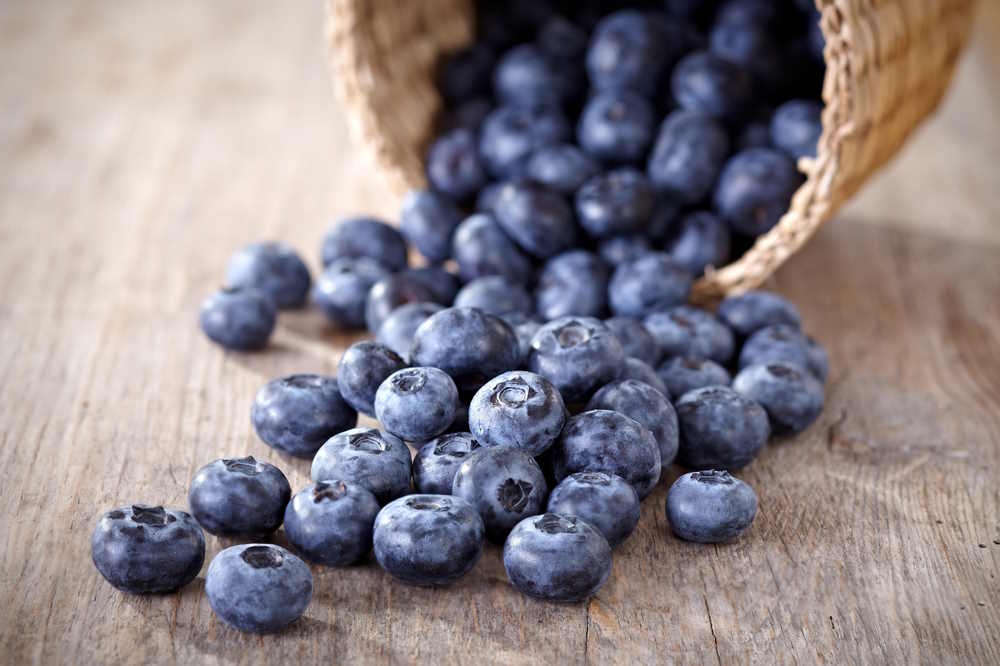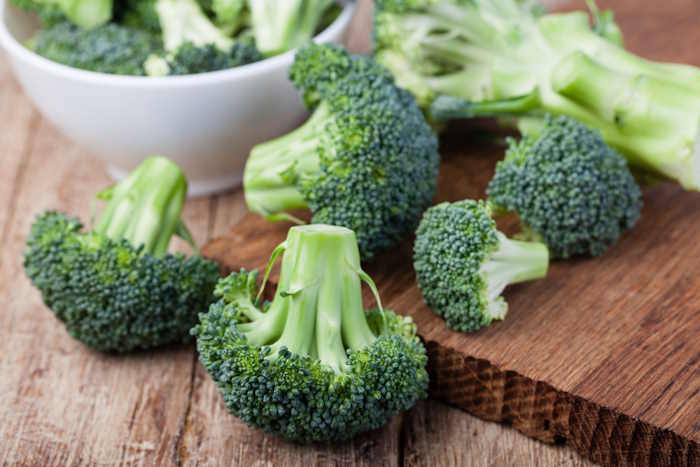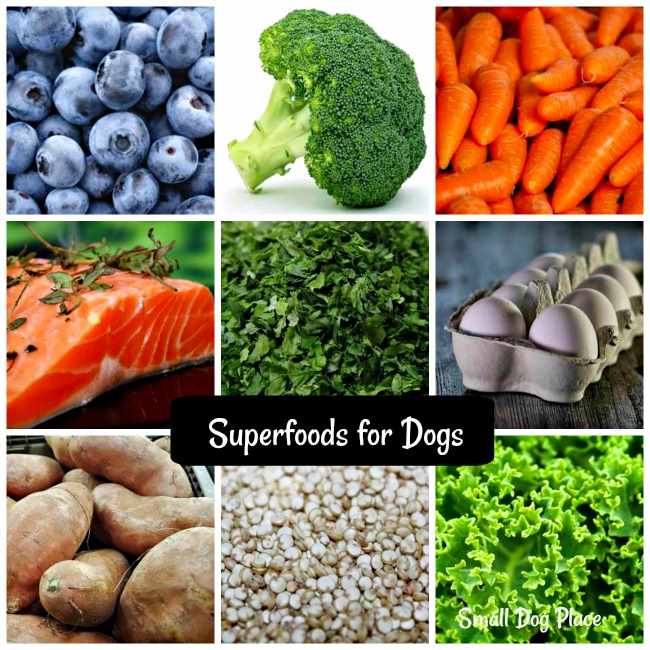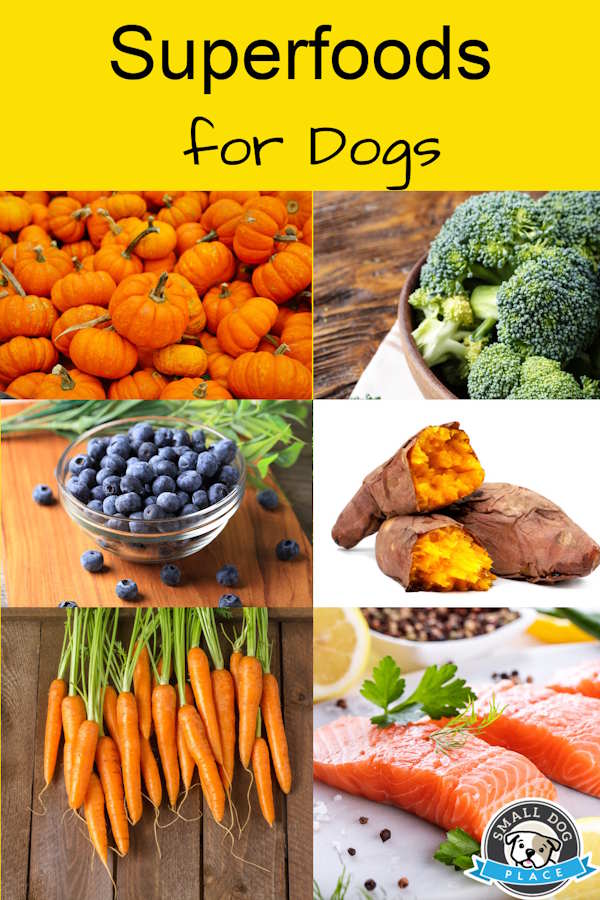- Small Dog Place Home
- Feeding
- Superfoods for Dogs
Superfoods for Dogs: Top Choices to Boost Your Dog's Health and Vitality
What are the Best Superfoods for Dogs? By Janice Jones
Did you know that a handful of blueberries could help your dog fight off illness and stay energetic? Superfoods aren’t just for humans—they’re great for dogs too!
Superfoods are nutrient-rich foods packed with vitamins, minerals, and antioxidants that can significantly improve your pet’s health. Here’s a look at the top superfoods for dogs and why they’re great for your furry friend.
Why Superfoods Matter for Dogs
Just like humans, dogs benefit from a well-rounded, nutrient-rich diet. Superfoods are more than just trendy additions—they're power-packed ingredients that can enhance your dog's health in multiple ways. Here's why they matter:
Boosting Immunity:
Superfoods like blueberries and sweet potatoes are rich in antioxidants, which fight free radicals in the body. These harmful molecules can damage cells, leading to aging and diseases such as cancer.
By neutralizing free radicals, superfoods help strengthen your dog's immune system, making them less prone to illness.
Improving Digestion:
Fiber-rich superfoods like pumpkin and sweet potatoes can promote healthy digestion. They support regular bowel movements, prevent constipation, and even ease diarrhea. For dogs with sensitive stomachs, superfoods can provide natural and gentle relief.
Supporting Skin and Coat Health:
Omega-3 fatty acids found in salmon and flaxseed are vital for maintaining a shiny coat and healthy skin. These nutrients can also reduce inflammation, which helps manage skin allergies and joint issues in aging dogs.
Enhancing Brain Function:
Certain superfoods, such as blueberries and salmon, are known for their cognitive benefits. They support brain health, especially in senior dogs, and may help slow down the progression of cognitive decline, keeping your pup sharp and alert.
Strengthening Bones and Joints:
Foods rich in vitamins like K and C, such as broccoli, aid in bone health. Omega-3 fatty acids in salmon and chia seeds reduce inflammation and support joint mobility, especially beneficial for large breeds or senior dogs prone to arthritis.
Natural Energy Boost:
Superfoods like sweet potatoes and carrots provide a natural energy source through complex carbohydrates. Unlike processed treats, these foods release energy slowly, keeping your dog active throughout the day without a sugar crash.
Reducing the Risk of Chronic Conditions:
A diet including superfoods may lower the risk of chronic conditions such as heart disease, diabetes, and obesity. Nutrient-dense foods support your dog's overall wellness, contributing to a longer and healthier life.
What are the Superfoods?
Superfoods are foods known for their high nutrient density and potential health benefits. For humans, they include items like blueberries, kale, and salmon.
Many of these are also safe and beneficial for dogs. However, certain exceptions (like chocolate and avocados) must be avoided due to toxicity risks.
Blueberries

Blueberries are antioxidant powerhouses, protecting your dog from free radicals that cause cellular damage. These tiny fruits also pack vitamins C and E, fiber, and manganese.
- Serving Tip: Wash thoroughly and serve fresh or frozen as a low-calorie treat.
- Fun Fact: Dogs love the sweetness, but stick to a small handful to avoid upset tummies.
Broccoli

This cruciferous vegetable is loaded with vitamins K and C, as well as fiber. Steamed broccoli retains its nutrients and can be served in small, bite-sized pieces for easy consumption.
- Serving Tips: Serve fresh or frozen cooked broccoli.
- Fun Fact: Broccoli contains sulforaphane, a compound that has been studied for its potential to fight cancer. Even small servings can pack a nutritional punch!
Carrots

High in beta-carotene and fiber, carrots are excellent for vision and digestive health.
- Serving Tips: Serve raw for a crunchy, teeth-cleaning snack or cooked for easier digestion.
- Fun Fact: Carrots were originally grown as a medicine, not as food. For dogs, their crunchy texture doubles as a natural toothbrush, helping to reduce plaque buildup.
Pumpkin

Low in calories but high in fiber and vitamins A, C, and E, pumpkin supports digestion.
It is also loaded with beta-carotene, vitamins A, C, and E, as well as potassium and iron. It also has some B vitamins and calcium.
- Serving Tips: Use plain, canned pumpkin and start with small portions to gauge your dog’s tolerance. Canned organic pumpkin is readily available in food stores, but be sure to pick a pure pumpkin and not pumpkin pie filling.
- Fun Fact: Native Americans used pumpkins as a dietary staple and even wove dried pumpkin strips into mats. For dogs, pumpkin is not only tasty but also a lifesaver for digestive troubles.
Sweet Potatoes

Sweet potatoes provide fiber, vitamin C, and beta-carotene.
- Serving Tips: Cook and mash them or serve dehydrated slices as a chewy treat. Avoid adding sugar or additional seasoning.
- Fun Fact: Sweet potatoes are one of the oldest cultivated vegetables, dating back over 5,000 years. Dogs love their natural sweetness, making them a healthy alternative to sugary treats.
Salmon

Rich in omega-3 fatty acids, salmon promotes a healthy coat and supports joint health.
- Serving Tips: Serve cooked and boneless to avoid choking hazards.
- Fun Fact: Wild salmon get their vibrant pink color from eating krill and other tiny sea creatures. For dogs, salmon isn’t just a superfood—it’s also a super tasty treat!
Honorable Mentions
- Apples: Low in calories and high in fiber, they’re a great crunchy treat (without the seeds).
- Chia Seeds: A rich source of omega-3s and fiber, perfect sprinkled on food.
- Spinach: Packed with iron and vitamins but should be served cooked to avoid potential oxalate issues.
How to Safely Introduce Superfoods
Adding superfoods to your dog's diet can be a wonderful way to boost their health, but it’s important to do it gradually and thoughtfully. Here’s how to safely introduce these nutrient-rich foods to your furry friend:
1. Start Slowly
Introduce one superfood at a time and in small quantities. This allows you to monitor how your dog’s body reacts to the new food without overwhelming their digestive system.
Example: Start with a small handful of blueberries or a spoonful of cooked pumpkin mixed into their regular meal.
2. Monitor for Allergic Reactions
Keep a close eye on your dog after introducing a new food. Watch for signs of allergies or intolerance, such as:
- Vomiting or diarrhea
- Excessive itching or licking
- Swelling, especially around the face or paws
If any of these symptoms occur, discontinue the food and consult your veterinarian.
3. Consult Your Veterinarian
Before making any significant dietary changes, check with your veterinarian—especially if your dog has pre-existing health conditions like diabetes, kidney disease, or food allergies.
Some superfoods may not be suitable for dogs with certain medical issues. Check with your veterinarian.
4. Choose Fresh and Plain Foods
Always opt for fresh, plain versions of superfoods. Avoid foods that are salted, seasoned, or processed, as these can contain harmful additives.
Example: Use plain, unsweetened canned pumpkin rather than pumpkin pie filling, which contains spices and sugar that can be harmful to dogs.
5. Proper Preparation
Prepare superfoods in a dog-friendly way:
- Cook vegetables like broccoli and sweet potatoes to make them easier to digest.
- Remove bones from fish like salmon to avoid choking hazards.
- Cut foods into bite-sized pieces, especially for small dogs.
6. Serve in Moderation
Even healthy foods can cause problems if given in excess. Stick to small portions appropriate for your dog’s size, and balance superfoods with their regular diet to ensure proper nutrition.
Rule of Thumb: Treat superfoods as supplements, not meal replacements.
7. Track Your Dog’s Health
Keep a food diary to record what superfoods you’ve introduced and any changes in your dog’s behavior, energy levels, or coat condition. This can help you identify what works best for your pet.
Feeding Plan for Introducing Superfoods for Dogs
- Week 1: Add 1-2 tablespoons of cooked pumpkin to your dog’s evening meal.
- Week 2: Introduce a small handful of blueberries as a mid-day treat.
- Week 3: Incorporate a spoonful of mashed sweet potatoes into their breakfast.
By gradually introducing these foods, you’ll give your dog’s digestive system time to adjust while ensuring they enjoy the maximum benefits of superfoods.
What About Food Allergies
I think it's worth noting that some dogs do have food allergies and if your dog has a sensitive stomach, it's best to go slowly introducing any new foods. Consulting a vet is always a recommendation.
What are the symptoms of a food allergy?
Food allergies in dogs can manifest in several ways. Here are some common symptoms:
- Itchy skin: This often focuses on the ears and feet, but can also affect other parts of the body. Continual scratching can lead to irritated, red, or broken skin.
- Gastrointestinal issues: This can include vomiting, diarrhea, or consistent loose stools.
- Excessive gassiness: More flatulence than normal can indicate an allergic response.
- Chronic ear infections: Repeated ear infections can be a sign of food allergies.
- Skin infections: Recurring skin infections that improve with antibiotics but then recur after the antibiotic treatment ends can be a sign of food allergies.
- Poor growth in young dogs: If a puppy isn't growing as expected or loses weight despite a good appetite, they may be allergic to something in their food.
- Persistent licking or chewing: Dogs often lick their paws or other parts of their bodies excessively when they are bothered by allergies. This can lead to discoloration in light-colored dogs.
- Changes in skin: The skin may become darker or thicker due to constant irritation and scratching.
- Change in appetite: Dogs may stop eating the food they're allergic to or eat less of it. Some dogs might also show increased appetite as some ingredients may trigger an increase in appetite but poor nutrient absorption.
- Swelling of the face, ears, lips, eyelids, or earflaps: These are classic signs of an allergic reaction.
- Excessive shedding or poor coat quality: This may indicate an underlying health issue, including potential food allergies.
To diagnose a food allergy, your vet may recommend an elimination diet to pinpoint the specific allergens. In case you notice these symptoms, it's crucial to consult your veterinarian.
Like humans, dogs have a variety of critical dietary needs. And with increasing concern over the ingredients in commercial dog food, over-processing, and lack of a quality source of vitamins and minerals, superfoods are an excellent addition to the dog’s diet.
Providing a Daily Dose of Superfoods for Dogs
Providing these superfoods for dogs will assure your dog gets that extra boost of nutrition. But if this is not possible for you, relax, you can still provide that extra nutrition in the form of a supplement. Here are a few you may want to investigate. Click to check out the price on Amazon
Superfoods for Dogs: A Word of Caution
While superfoods are great additions, they shouldn’t replace a balanced diet. Introduce new foods in small amounts and monitor for any signs of allergies, like itching, vomiting, or diarrhea. Avoid seasonings, salts, and any processed forms of these foods.
Boost your dog’s diet with these nutritious options, and watch them thrive!
Superfoods for Dogs: Pin for Future Reference
Bookmark this page for your reference!
About Janice (author and voice behind this site)
Having lived with dogs and cats most of her life, Janice served as a veterinary technician for ten years in Maryland and twelve years as a Shih Tzu dog breeder in Ohio.
Her education includes undergraduate degrees in Psychology with a minor in biology, Early Childhood Education, and Nursing, and a master's in Mental Health Counseling.
She is a lifelong learner, a dog lover, and passionate about the welfare of animals. Her favorite breed for over 50 years has been the Shih Tzu, but she has also lived with Poodles, Maltese, Yorkshire Terriers, Beagles, English Bulldogs, Carin Terriers, and a Cocker Spaniel.
When not writing, reading, and researching dog-related topics, she likes to spend time with her eight Shih Tzu dogs, husband, and family, as well as knitting and crocheting. She is also the voice behind Miracle Shih Tzu and Smart-Knit-Crocheting
Does This Article Deserve Your Thumbs Up?
We always appreciate your support and encouragement. Your thumbs up means so much to us. Please like this article.
If you find this page or any page on Small Dog Place Helpful, or useful in anyway, I'd love it if you would click the small heart found on the bottom right of each page.
You can also share or bookmark this page -- just click on the:

Free Monthly Newsletter
Sign Up for Our Free Newsletter and get our Free Gift to You.
my E-book, The Top 10 Mistakes People Make When Choosing a Dog (and how to avoid them)



